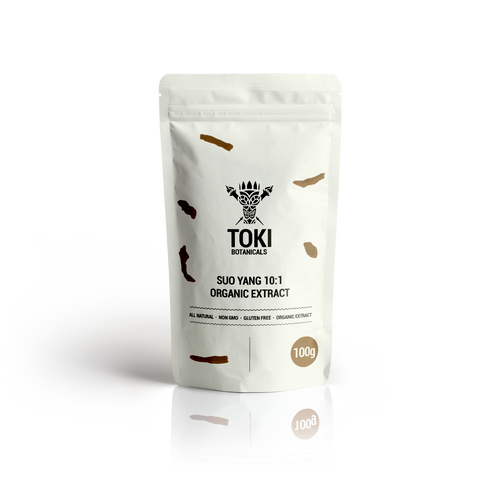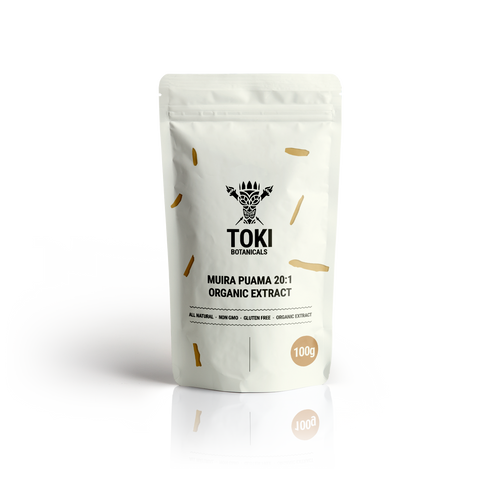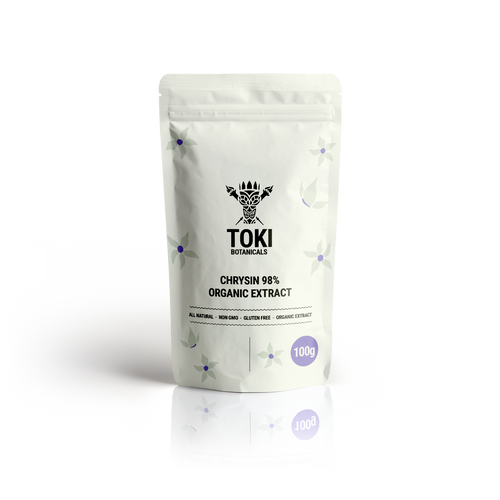Product Description
Aloe Barbadensis, better known as Aloe Vera, has been around for thousands of years, traced back to ancient Egypt where pictures of the plant were seen on stone carvings. Although aloe wasn't able to studied back then, many cultures knew the value and power that this plant held. Since then, over a hundred studies have been conducted on aloe, and it's range of use is as vast as any plant in the world. Another large benefit of Aloe is that it helps enhance the effectiveness of other herbs when taken simultaneously, as it contains hundreds of nutrients including vitamins, minerals, enzymes (depending on processing), amino acids, fatty acids, polysaccharides, and more!
Aloe is most commonly used topically on skin for a variety of issues. It's used in almost all products in skin care, although the potency and purity varies tremendously. This powder can be reconstituted and used as a potent topical. Research shows it helps both decrease the level of pain associated with a burn, while helping to expedite the skin healing process. Some other skin conditions that may benefit from aloe are psoriasis, scabies, skin lesions, frostbite, genital herpes, diaper rash, dry skin, acne, and more. (1)
It’s not known that aloe is something you’d take for diabetes, but research shows it may hold quite a bit of value for both diabetes and prediabetes. These two conditions are the fastest growing conditions today, and both can be improved quite dramatically or prevented from advancing with the right tools. Studies show that aloe has the ability to lower LDL cholesterol, fructosamine, HBA1C, fasting glucose, and insulin levels. A two month study that was published in the 2012 in Planta Medica showed that when aloe extract was taken on a consistent basis, it was vastly superior to placebo in reducing blood sugar levels and LDL cholesterol. (2)
Results may depend on the purity and potency of the extract, and level of nutrients still intact. Aloe shows the ability to positively affect Alzheimer's disease, as a study in Miami school of Medicine determined. Cognitive scores were higher and inflammatory markers that are usually elevated with Alzheimer's were lower in the group taking aloe. Patients with HIV also saw 35% lower CD4 counts after a year of consuming aloe with their food every day. Aloe also helps improve IBS, ulcerative colitis, and general digestion. One study showed that three times the number of participants with ulcerative colitis improved when taking aloe vera juice when compared to placebo. Aloe also helps to boost the immune system, reduce free radical damage, treat constipation, and can help certain types of inflammation IBS and ulcerative colitis. (3,4)
Suggested use :500mgs 1-2 times per day on an empty stomach or with a meal.
References
- https://www.ncbi.nlm.nih.gov/pubmed/19218914
- http://www.realnatural.org/amazing-aloe-vera-benefits-proven-in-decade-of-research/
- http://www.naturalhealth365.com/aloe_juice.html/
- https://www.researchgate.net/publication/232085397_Effects_of_Aloe_vera_Supplementation_in_Subjects_with_PrediabetesMetabolic_Syndrome







